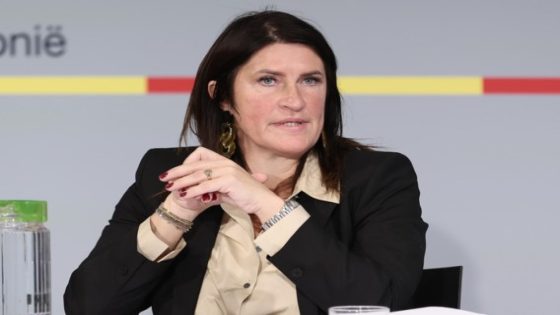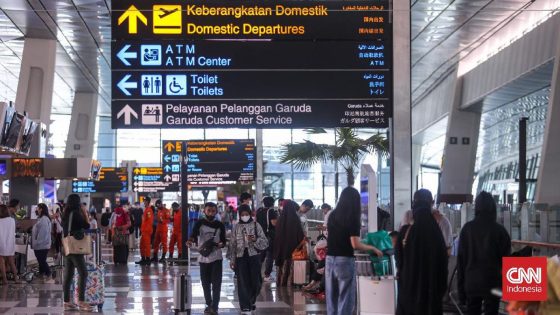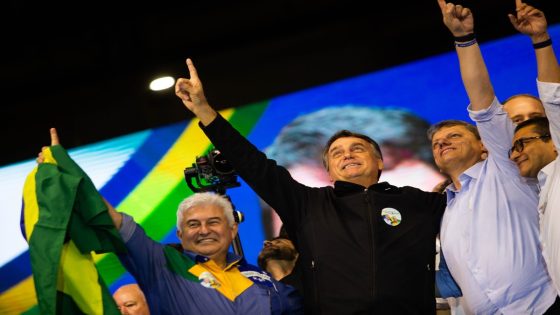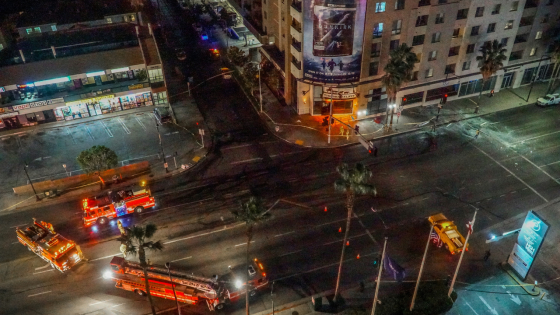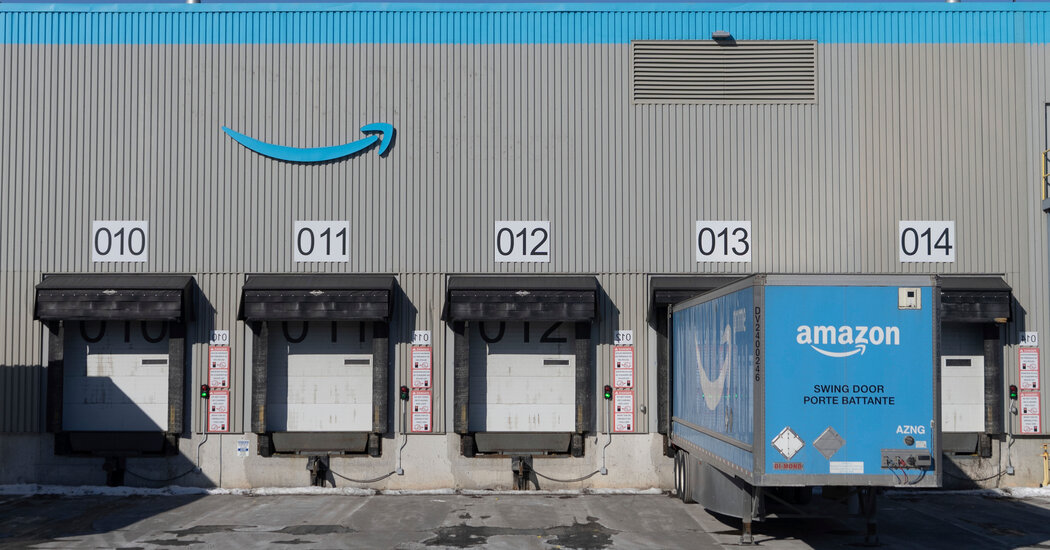On January 22, 2025, the Franstalige Minister of Media, Jacqueline Galant, raised questions about RTBF’s decision to delay the broadcast of Donald Trump’s presidential oath. Why did they choose to air it late? This choice has sparked debate among political figures in Belgium.
- Jacqueline Galant questions RTBF's broadcasting delay.
- RTBF delayed Trump's inauguration for ethical reasons.
- Georges-Louis Bouchez accuses RTBF of censorship.
- Galant surprised by the effectiveness of the delay.
- Trump is a democratically elected president.
Belgian Media Scrutinized for Delaying Trump’s Oath Ceremony Broadcast
This delay raises important questions about media responsibility. Should broadcasters alter content based on potential controversy? In a world where information spreads rapidly, how effective are such measures?
The Implications of RTBF’s Decision on Public Perception
The decision by RTBF to delay broadcasting Trump’s oath ceremony reflects ongoing tensions in media ethics and political representation. Critics argue that this move could be seen as censorship, while supporters believe it protects viewers from misleading statements. Here are some key points:
- The broadcast was delayed by two minutes for ethical concerns.
- Critics labeled the action as an overreach into censorship.
- The event was still available on other platforms without delay.
- This incident raises broader questions about media accountability in democracy.
The Role of Media Ethics in Political Broadcasting
Media ethics play a crucial role in how events like Trump’s inauguration are presented. Broadcasters must balance their duty to inform with the need to avoid spreading misinformation. What guidelines should govern these decisions? Ethical considerations can often lead to complex dilemmas for News organizations.
Public Reaction and Political Responses
The reaction from politicians has been mixed. Some view the delay as necessary caution; others see it as an infringement on free speech. How do we navigate these differing viewpoints? The debate continues, highlighting the challenges faced by media outlets today amid polarized opinions.
Looking Ahead: The Future of Broadcasting Decisions
This incident could set a precedent for future broadcasting decisions regarding controversial figures or statements. Will other networks follow suit? As audiences demand transparency and accuracy, broadcasters may need to rethink their strategies moving forward.



